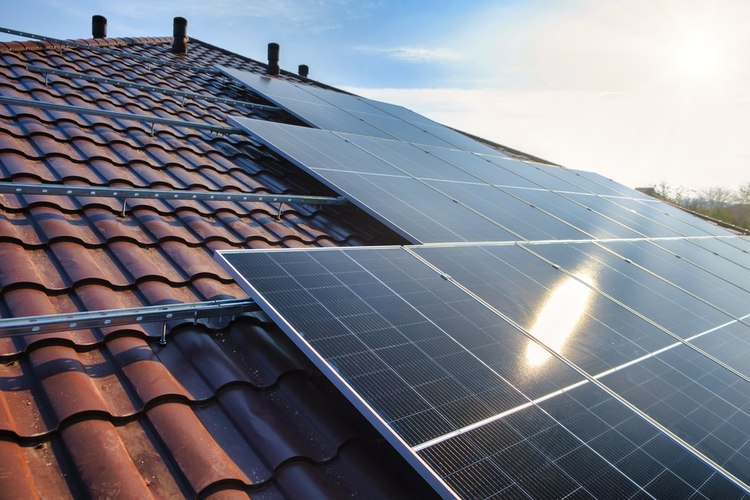Solar Systems and Panels: A Comprehensive Guide
Solar systems and panels are becoming increasingly popular as a renewable energy source for homes and businesses across the UK. This article explores the key aspects of solar technology, its benefits, and considerations for those looking to invest in solar power.

What are solar systems and panels?
Solar systems, also known as photovoltaic (PV) systems, convert sunlight into electricity using solar panels. These panels consist of multiple solar cells made from silicon or other photovoltaic materials. When sunlight hits the cells, it creates an electric field, generating a flow of electricity. The main components of a solar system include:
-
Solar panels
-
Inverter
-
Mounting structure
-
Electrical wiring
-
Monitoring system
Solar panels are the most visible part of the system, typically installed on rooftops or in open areas with good sun exposure. The inverter converts the direct current (DC) produced by the panels into alternating current (AC) for use in homes and businesses.
How do solar systems benefit homeowners and businesses?
Installing a solar system can provide numerous advantages for both residential and commercial properties:
-
Reduced electricity bills: Solar power can significantly lower your reliance on grid electricity, resulting in substantial savings over time.
-
Environmental impact: Solar energy is clean and renewable, helping to reduce carbon emissions and combat climate change.
-
Energy independence: By generating your own electricity, you become less vulnerable to rising energy costs and power outages.
-
Increased property value: Homes and businesses with solar installations often have higher resale values.
-
Government incentives: The UK government offers various schemes and tariffs to encourage solar adoption, such as the Smart Export Guarantee (SEG).
What factors should be considered when installing solar panels?
Before investing in a solar system, it’s important to consider several factors:
-
Roof condition and orientation: Your roof should be in good condition and ideally face south for maximum sun exposure.
-
Available space: The number of panels you can install depends on your available roof or ground space.
-
Local climate: While solar panels work in all daylight conditions, areas with more sunlight will generate more electricity.
-
Energy consumption: Assess your current and future energy needs to determine the appropriate system size.
-
Planning permission: Check local regulations to ensure compliance with building codes and restrictions.
-
Installation costs: Consider the initial investment and potential long-term savings.
What types of solar panels are available?
There are three main types of solar panels available in the UK market:
-
Monocrystalline panels: These are the most efficient and aesthetically pleasing, but also the most expensive.
-
Polycrystalline panels: Slightly less efficient than monocrystalline, but more affordable.
-
Thin-film panels: The least efficient but most flexible, suitable for unique installations.
How much does a solar system cost in the UK?
The cost of a solar system in the UK varies depending on several factors, including system size, panel type, and installation complexity. Here’s a general overview of typical costs:
| System Size | Estimated Cost Range | Annual Energy Output |
|---|---|---|
| 1 kW | £1,500 - £3,000 | 850 kWh |
| 2 kW | £3,000 - £5,000 | 1,700 kWh |
| 3 kW | £4,000 - £6,000 | 2,550 kWh |
| 4 kW | £5,000 - £8,000 | 3,400 kWh |
Prices, rates, or cost estimates mentioned in this article are based on the latest available information but may change over time. Independent research is advised before making financial decisions.
How long do solar panels last?
Solar panels are designed to be durable and long-lasting. Most manufacturers offer warranties of 25-30 years, during which time the panels are expected to operate at 80% or more of their original efficiency. With proper maintenance, solar panels can continue to generate electricity for 30-40 years or even longer.
Regular cleaning and occasional inspections can help maintain optimal performance throughout the system’s lifespan. It’s also worth noting that while the panels themselves are highly durable, other components of the solar system, such as the inverter, may need replacement after 10-15 years.
In conclusion, solar systems and panels offer a sustainable and increasingly cost-effective solution for energy production in the UK. As technology continues to improve and costs decrease, solar power is becoming an increasingly attractive option for homeowners and businesses alike. By carefully considering the factors outlined in this guide, you can make an informed decision about whether a solar system is right for your property.




